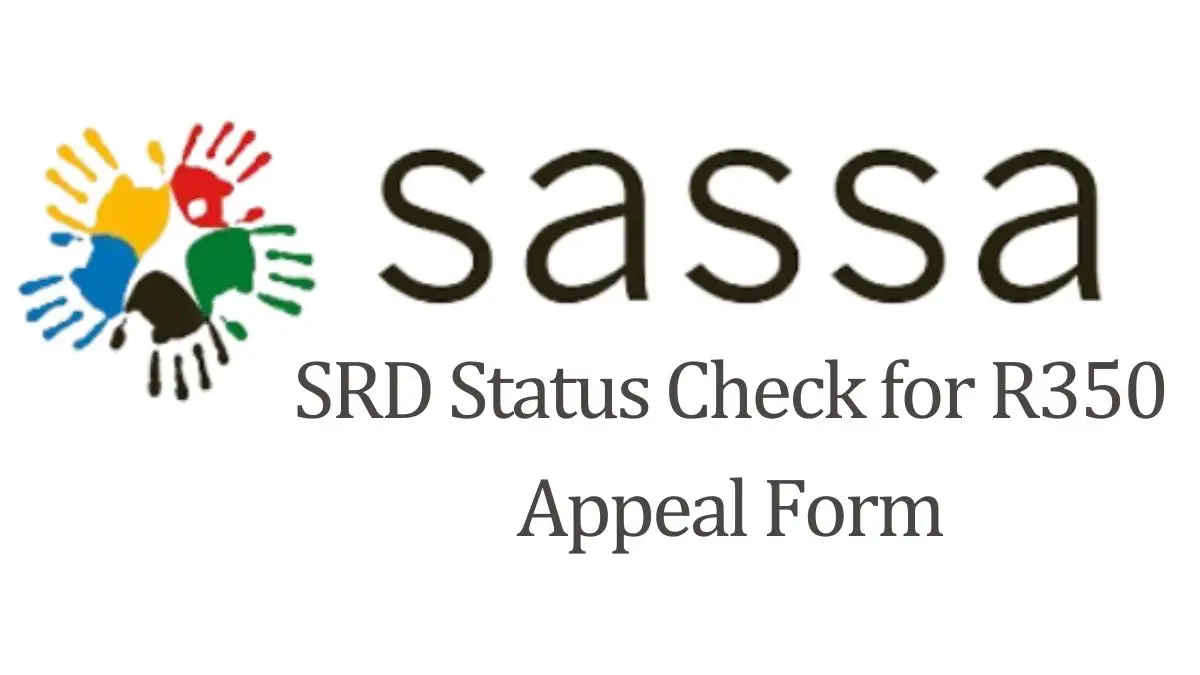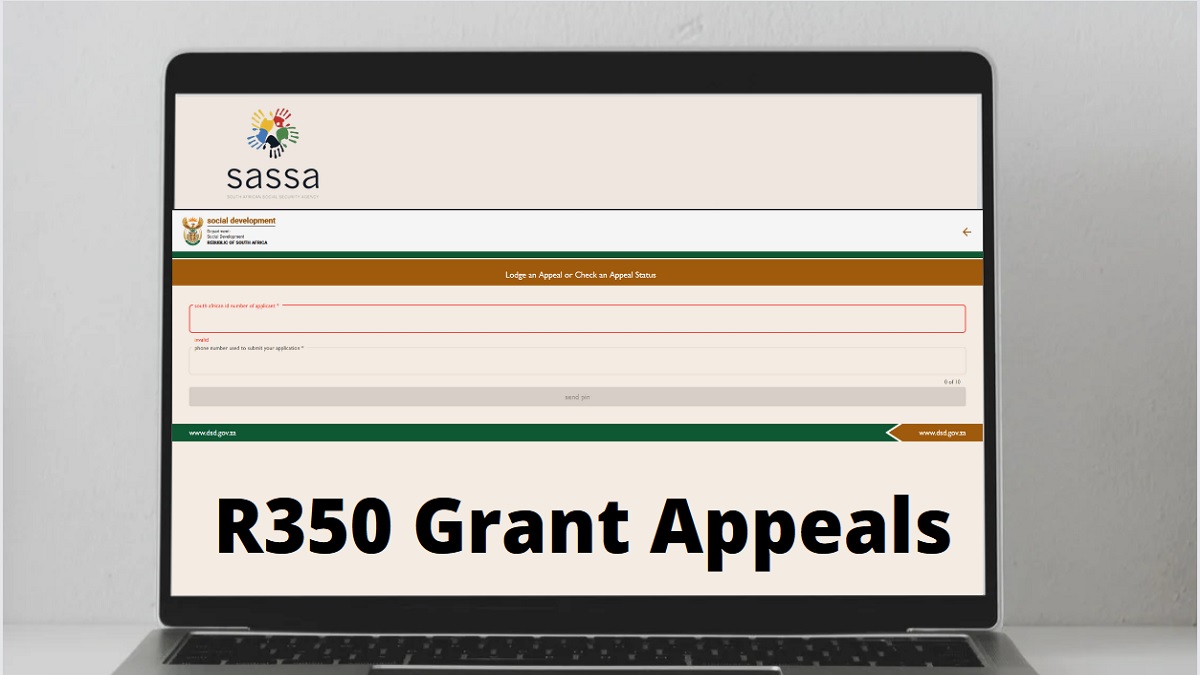For millions of South Africans living with disabilities, the disability grants administered by the South African Social Security Agency (SASSA) provide a crucial financial lifeline. These monthly cash transfers from the government help offset the costs of healthcare, transportation, food, housing, and other disability-related expenses.
However, successfully qualifying for and accessing these essential grants can be an immense challenge. With stringent medical assessments and high rejection rates, the application process is complex to navigate and may disproportionately exclude some of the neediest citizens. This article will explore the disability grant eligibility criteria, reasons for rejections, the appeals process, and tips for successfully accessing this vital social assistance.
The Need for Disability Grants
SASSA’s disability grants aim to support working-age South Africans from 18-59 years old whose physical or mental health conditions prevent full-time employment. These tax-free monthly cash transfers, currently R2,090, help cover additional disability-related costs. Studies by welfare policy experts show grants dramatically reduce poverty for recipient households.

According to South Africa’s Social Assistance Act, those with confirmed disabilities lasting over a year rendering them incapable of financial self-support qualify for assistance. Both permanent and temporary grants are offered. Health conditions like TB, epilepsy, sensory disabilities, physical disabilities, chronic illnesses, psychiatric disorders, and degenerative neurological conditions can warrant disability assistance per medical definitions.
Applying for Disability Grants
To begin the application process, South Africans present at local SASSA offices with their ID to register. Detailed application forms require information on identity, income, disability status, and consent for assessment. Supporting documentation like specialist reports, test results, and practitioner letters should confirm the applicant’s medical condition and inability to work. Those lacking initial evidence can still apply but face higher odds of rejection.
The key step is undergoing a medical assessment by a contracted SASSA practitioner to evaluate disability eligibility. This can include a physical exam, a review of medical history, and a functional evaluation. The practitioner submits a report to SASSA officials determining approval or rejection.
Why So Many Rejected Applications?
Despite stringent condition requirements, approximately 60-70% of disability grant applications face rejection according to studies. What leads to such high denial rates?
Reasons cited in rejection letters include:
- Insufficient medical evidence of disability
- Failure to pass financial means testing
- Already receiving another grant type
- Being cared for in a state institution
- Lacking confirmed ID documents
- Assessed capability for employment
- Temporary conditions expected to resolve
Many deserving and truly needy applicants are rejected over misunderstandings, technical mistakes, or lack of guidance in navigating the complex process. Those with limited literacy or resources face additional barriers to gathering the required documentation and presenting their cases.
Importantly, aspects of the assessment itself may also contribute to unwarranted rejections in some instances. Potential issues include:
- Incomplete review of medical history
- Brief cursory evaluations
- Language barriers Impacting evaluations
- Misjudging conditions as temporary not permanent
- Undervaluing the impact of certain disabilities
- Failure to consider comorbidities
- Bias or misconduct during assessments
Thankfully, South Africa’s Social Assistance Act guarantees the right to appeal any rejection.
Appealing Rejected Disability Applications
SASSA emphasizes that each applicant can appeal their rejection within 30 days of notification; decisions review typically concludes within the next 30 days. Applicants who don’t understand their rejection reasons can request clarification from SASSA before appealing.
This appeals process allows applicants to provide additional evidence, raise concerns over assessments, explain circumstances, or cite procedural issues warranting re-evaluation. For example:
- Presenting new specialist reports confirming disability
- Explaining gaps in medical aids, income changes justifying means testing failure
- Describing deterioration or new diagnoses since assessment
- Seeking assessment by a different practitioner
- Contesting temporary grant denials by providing proof of permanent disability
- Arguing rejection resulted from inaccurate, incomplete, or biased assessment
- Providing consent forms, IDs or other missing documents
- Clarifying compliance issues like missed appointments that led to denial
Well-prepared appeals addressing all rejection factors in an organized, compelling manner tend to succeed, so assistance from social workers or legal aid centers can be invaluable for navigating the process.
Tips for Disability Grant Approval
High rejection rates make carefully optimizing initial applications essential, while still exercising full appeal rights if necessary. Useful tips include:
- Thoroughly documenting disability with all specialist records, test results, practitioner letters
- Maintaining complete transparency regarding conditions and compliance with evaluation steps
- Meeting with SASSA officers to ensure perfectly completed application forms
- Proactively managing income and assets to pass means testing thresholds
- Attending all assessments cooperatively and promptly correcting any application issues
- Consulting social workers or legal professionals to strengthen applications
- Obtaining additional medical opinions and updated tests to support appeals
- Crafting logically argued, evidence-based appeal motivations rebutting each reason cited for rejection
- Persisting through multiple appeal attempts if needed
With proper diligence and preparation, most wrongfully rejected applicants can eventually overturn unfavorable decisions.
The Outcomes: Receiving Disability Grants
When received, the impact of disability grants for both individuals and families can be immense. The grants empower recipients to cover vital costs related to housing, nutrition, transportation, healthcare, and other essentials with dignity. As SASSA recipients themselves attest, disability grants can mean the difference between barely scraping by and meeting basic needs.
Recent increases have raised monthly disability grants to R2,090, improving recipients’ quality of life. Indeed, research by welfare policy experts highlights that disability grants meaningfully reduce food insecurity and income inequality. The grants prevent many families from falling into healthcare poverty traps when a member becomes disabled.
While applying and appealing for essential disability assistance can be laborious, SASSA maintains it is the right of every eligible citizen. With preparation, diligence, and persistence, South Africans with disabilities can access vital support to more fully participate in society. In upholding this promise, South Africa moves closer to becoming a just, inclusive, and caring nation.
